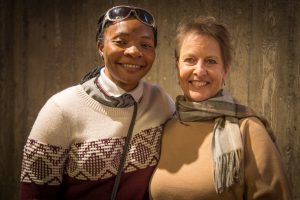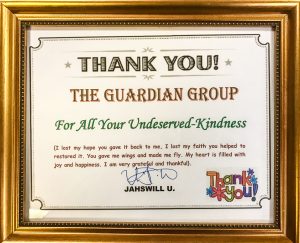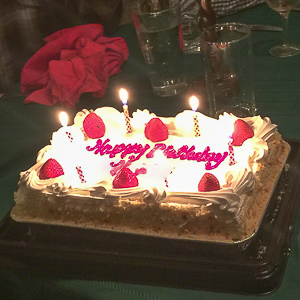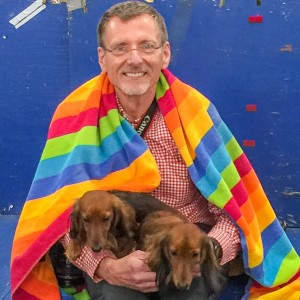How difficult. How extraordinary. People come here and they don’t have any idea of what their life will be like. Husbands with wives awaiting, mothers whose children have yet to gain entrance… and those persecuted in their countries for who they are coming and hoping there is acceptance and not persecution. The world is shuffling and figuring out how best to deal with all these differences.
My parents came from Holland after WWII. Holland had been destroyed and many were looking for a better life. My mom came with her parents and siblings (except for my aunt who was already married to a Hollander) But still one of 13. Earlier, before WWI, my grandfather had lived here in CA but had to go back to serve in the military of Holland. They lived through WWII in occupied Holland but he always wanted to return to CA. My uncles and aunts worked in the underground to fight the Germans. This was 1945. And my grandfather finally made it possible to go to the USA in the late 1900’s.
To be an American. My parents brought us up on 600 acres of land in the central valley of CA with 300 milking cows. This could be thought of as a dynasty now but we were in the dairy business with 2 other uncles. And the land was flood plain and our profits were good because there were milk support prices from the feds. We grew and we brought more people over from Holland and the Azores … we grew and became successful. And if you know the dairy business you will know it is 24 hours a day 365 day a year. Growing up I remember going once a year to a “summer camp” but always being home… never going out to dinner or other diversions. … but never feeling that we were in any way deprived. However, there were times with classmates, because we foreign and “unknown”, were not accepted in the little everyday ways of sleep-overs or regular visitations. We were living in a white American community – even though we were “white”. And my parents’ accents made them different, and in some way we were made to feel “different” – even though we were white. But in this small community in the 1950’s, we were different. We lived on a farm and my parents did not have a college education. They were not lawyers or doctors and yet they paid for us to go to private Catholic schools. We only lived in the country … even though my father was the smartest man I have ever known.

Luduina’s Client (left) with her at a forum in February, 2016
So, we grew. My father insisted that we go to college … something that he had wanted for himself but could not because his world had shattered. But we all did.
And now I volunteer many years later to assist in different ways new people coming at a time when it is so much more difficult to be a citizen of this country. I work and honor their strength and beliefs. It doesn’t matter why. But I can feel the hope and desire and belief that this is a country that accepts us … in all our differences and experiences … we are all hopeful. And our lives have extraordinary possibilities.


 Mentors make sure that their clients are invited to Christmas dinner, attend the Gay Pride parade, and celebrate their birthdays. Mentors show their friends how to find and apply for a job, and they are supportive when their client sends in 25 applications and doesn’t receive a single rejection response.
Mentors make sure that their clients are invited to Christmas dinner, attend the Gay Pride parade, and celebrate their birthdays. Mentors show their friends how to find and apply for a job, and they are supportive when their client sends in 25 applications and doesn’t receive a single rejection response.